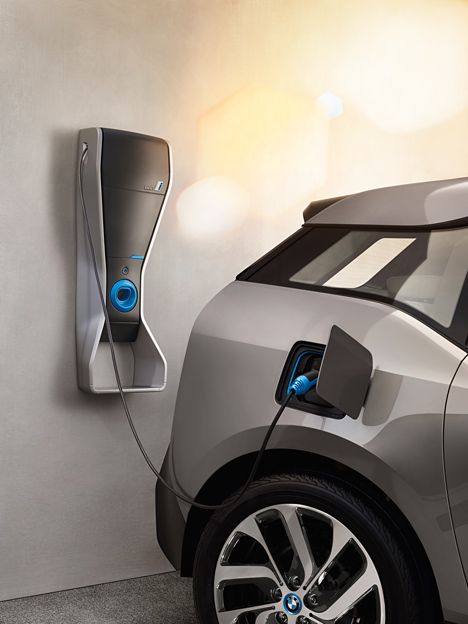


Electric cars have taken the world by storm, revolutionizing the automotive industry and paving the way for a more sustainable future. The race to develop the best electric car is just beginning, as manufacturers compete to create innovative and eco-friendly vehicles that will dominate the market. With increasing concerns about climate change and the need to reduce emissions, electric cars have become the go-to solution for environmentally conscious drivers.
One of the key advantages of electric cars is their zero emissions, which significantly reduces air pollution and reliance on fossil fuels. As governments worldwide push for stricter emission regulations, automakers are investing heavily in electric vehicle (EV) technology to meet these targets. This fierce competition has led to rapid advancements in battery technology, range, and charging infrastructure, making EVs more practical and accessible for everyday use.
The electric car race is not just limited to established automakers. Start-ups and tech giants are also joining the competition, bringing their expertise in software and renewable energy to create cutting-edge electric vehicles. This diverse range of players in the market drives innovation and pushes the boundaries of what is possible in terms of performance, design, and connectivity.
One of the major hurdles for widespread electric car adoption has been the limited range and long charging times. However, with advancements in battery technology, EVs can now travel longer distances on a single charge. Fast-charging stations are also becoming more prevalent, allowing drivers to recharge their vehicles quickly and conveniently. As charging infrastructure improves, range anxiety will become a thing of the past, further fueling the electric car revolution.
As the competition intensifies, automakers are not only focusing on improving the performance of electric cars but also on making them more affordable. The high cost of batteries has been one of the major barriers to mass adoption. However, with economies of scale and advancements in manufacturing processes, the price of electric vehicles is steadily decreasing. This trend, combined with government incentives and tax breaks, makes owning an electric car a viable option for a growing number of consumers.
The race for electric car dominance is not just limited to passenger vehicles. Commercial trucks, buses, and even airplanes are also being electrified, further reducing carbon emissions and dependence on fossil fuels in transportation. Electric cars are no longer a niche market; they are becoming the new norm.
With the rise of electric cars, a whole ecosystem is evolving around them. Charging networks, renewable energy sources, and smart grid technologies are being developed to support the growing demand for electric vehicles. This shift towards electrification is not just about the cars themselves but also about creating a sustainable and interconnected transportation system.
In conclusion, the great electric car race is just beginning, and it is an exciting time for the automotive industry. As technology continues to advance, electric cars are becoming more practical, affordable, and environmentally friendly. The future of transportation is electric, and the race is on to create the most innovative and compelling electric vehicles that will shape the way we travel for generations to come.